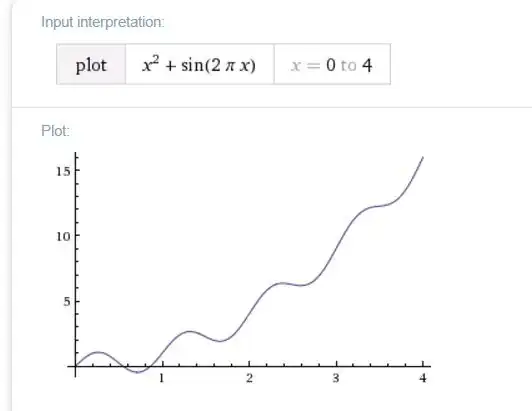Let $f$ be a twice differentiable function satisfying: $$ \cases{f(1) = 1 \\ f(2) =4\\ f(3) = 9 }$$ then :
$ f''(x)= 2 $ for all $ x \in R $
$f'(x) = 5 = f''(x) $ for some $ x\in (1,3)$
- There exists at least one $ x \in (1,3)$ such that $ f''(x)=2$
Then which of the following are true?
So what I basically tried is that I assumed that the function could be $ x^2$ But the answer I got from that was wrong.
